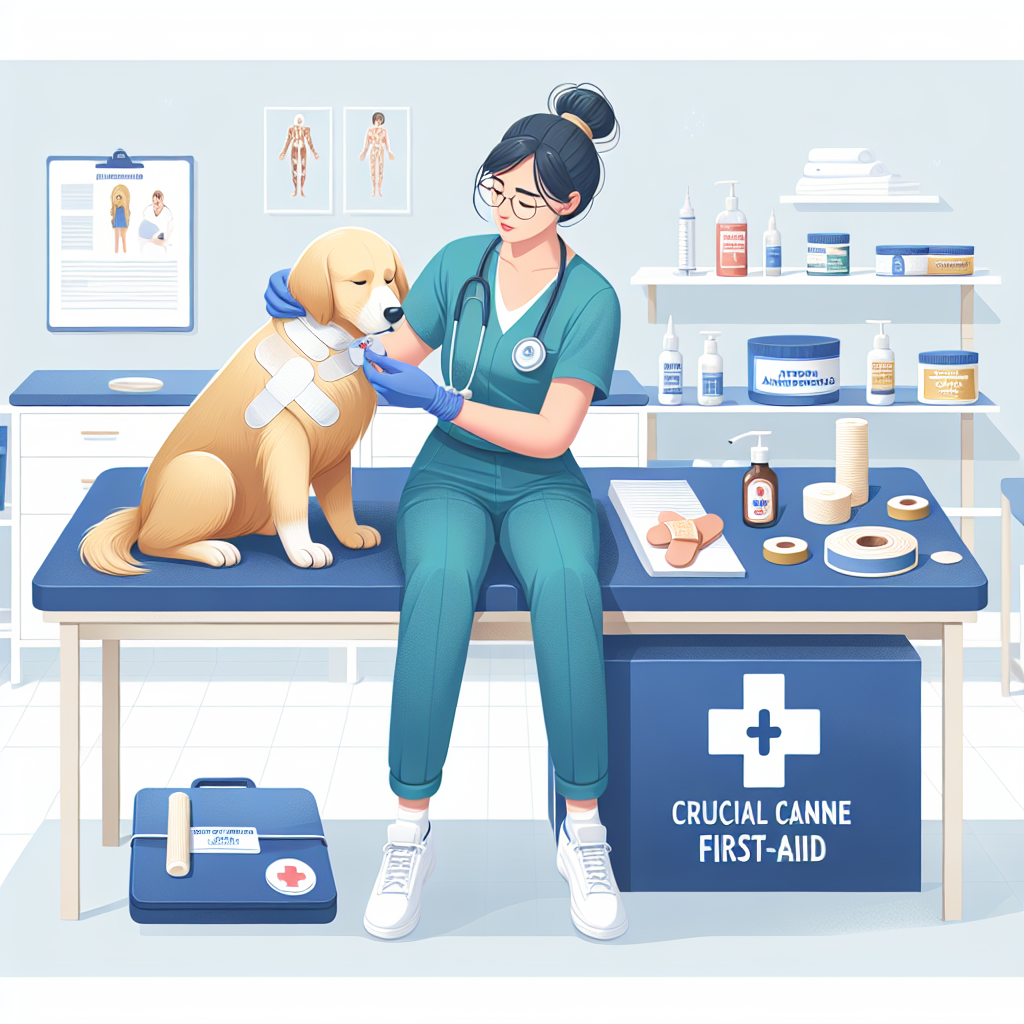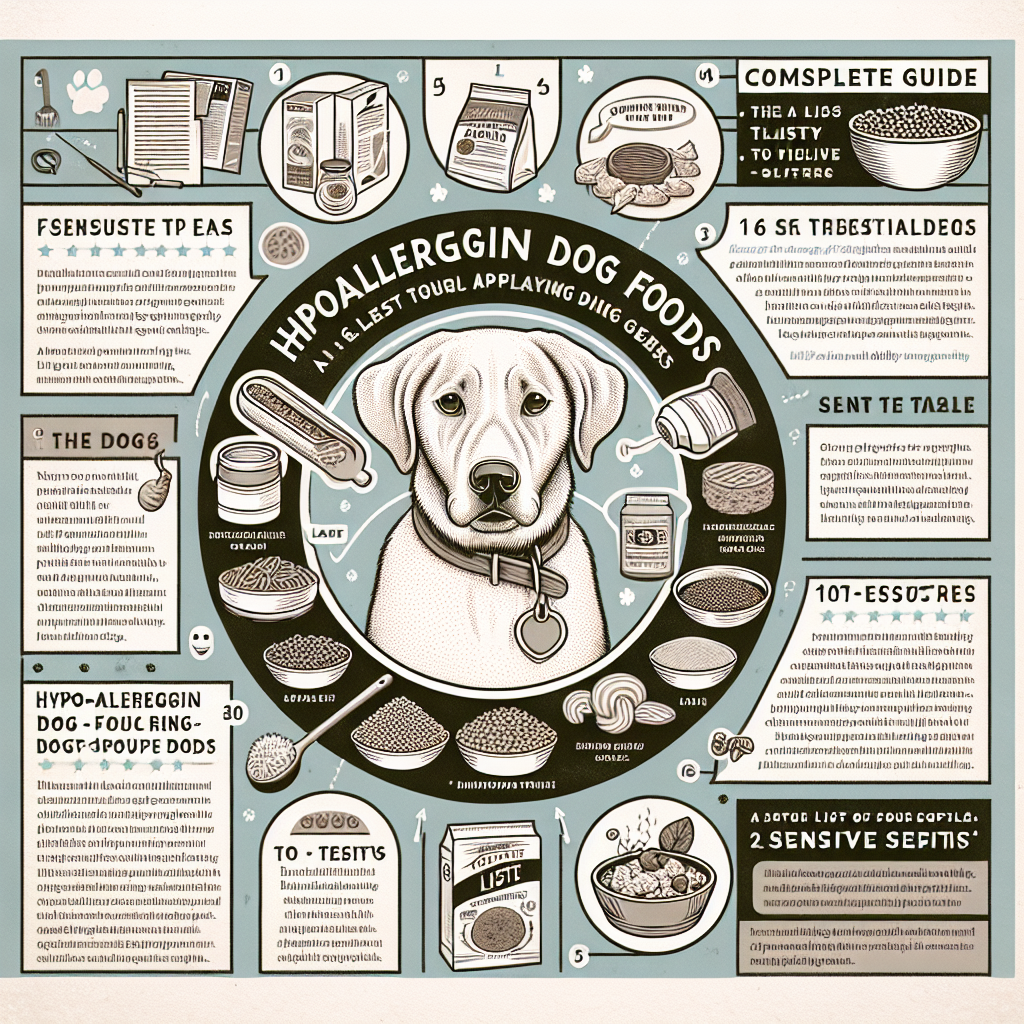
Owning a pet is one of life’s most joyful and fulfilling experiences. Whether you have a loyal dog, a playful cat, or a more exotic companion, pets offer love, companionship, and even health benefits to their owners. However, they also come with their share of responsibilities and potential financial burdens, especially when it comes to healthcare. In 2024, pet health insurance is becoming indispensable for responsible pet ownership. Here are the top 10 reasons why every pet owner should consider it.
1. Rising Cost of Veterinary Care
In recent years, the cost of veterinary care has surged, driven by advances in veterinary medicine, inflation, and increasing demand for pet healthcare services. Modern veterinary practices now offer cutting-edge treatments that were once reserved for humans, such as chemotherapy, specialized surgeries, and advanced imaging techniques. While these advancements have significantly improved pet health and longevity, they come with hefty price tags. Pet health insurance helps mitigate these costs, ensuring that your pet can receive the best possible care without financial constraints.
2. Financial Protection in Emergencies
Accidents and emergencies are unpredictable. A sudden illness, accidental injury, or other unexpected health issues can lead to substantial veterinary bills. Without insurance, pet owners may face difficult decisions about their pet’s care due to financial limitations. Pet health insurance provides a safety net, allowing you to make medical decisions based on what is best for your pet, rather than what you can afford. It ensures peace of mind, knowing that you’re prepared for any situation.
3. Comprehensive Coverage Options
Modern pet health insurance policies offer a wide array of coverage options, from accident-only plans to comprehensive policies that cover preventive care, chronic conditions, medications, and even alternative therapies like acupuncture or physiotherapy. This flexibility allows pet owners to choose a plan tailored to their specific needs and budget, making it easier to provide holistic and consistent care for their pets.
Types of Coverage:
-
- Accident-Only Plans: Covers injuries and emergencies resulting from accidents.
-
- Accident and Illness Plans: Covers both accidents and illnesses, including chronic conditions.
-
- Wellness Plans: Provides coverage for preventive care such as vaccinations, routine check-ups, and dental cleanings.
-
- Lifetime Policies: Offers continuous coverage for chronic conditions and long-term care.
4. Promotion of Regular Check-ups
Routine veterinary visits are essential to maintain a pet’s health and to catch potential issues early. However, the cost of routine care can add up over time. Pet health insurance, especially wellness plans, often covers preventive measures like vaccinations, dental cleanings, and annual exams. By reducing the out-of-pocket expense for these services, insurance encourages pet owners to adhere to a routine care schedule, ultimately leading to healthier pets and lower long-term healthcare costs.
5. Extended Lifespan and Improved Quality of Life
Access to healthcare has a direct correlation with lifespan and quality of life. Pet health insurance ensures that pets receive timely medical attention, be it through preventive care or treatment of an illness or injury. With improved access to veterinary care, nutrition, and diagnostics, pets are likely to live longer and healthier lives. Owners can detect illnesses early and manage chronic conditions more effectively, making a significant difference in their pet’s overall well-being.
6. Peace of Mind for Pet Owners
Worrying about potential health issues and their associated costs can be stressful for pet owners. Pet health insurance alleviates these concerns by providing financial security and peace of mind. Knowing that insurance will cover a significant portion of veterinary expenses allows pet owners to focus on caring for their pets without the added stress of financial strain.
7. Customizable Plans
Insurance providers offer a variety of customizable plans to suit the unique needs of different pets and their owners. You can select coverage based on factors such as your pet’s breed, age, and pre-existing conditions. Customization ensures that you are not paying for unnecessary coverage while still receiving comprehensive protection for your pet’s specific healthcare requirements.
Considerations for Customization:
-
- Breed-Specific Risks: Some breeds are prone to certain genetic conditions, which can be specifically covered.
-
- Age-Related Concerns: Older pets may require more frequent medical attention, which can be factored into the plan.
-
- Lifestyle Factors: Pets that spend more time outdoors or are more active may benefit from plans that cover accidents and injuries.
8. Helping with Behavioral Issues
Behavioral problems in pets can lead to stress for both the animal and the owner. Insurance policies sometimes cover behavioral therapy sessions, providing professional guidance to address issues such as anxiety, aggression, and destructive behaviors. Proper behavioral care can improve a pet’s quality of life and harmonious living at home, ensuring a healthier and happier relationship between the pet and their owner.
9. Coverage for Alternative Therapies
As holistic and alternative medicine gain popularity in human healthcare, these therapies are also becoming more common in veterinary practices. Treatments like acupuncture, chiropractic care, and hydrotherapy can complement traditional veterinary medicine, particularly for pets with chronic pain, arthritis, or post-surgical recovery. Many comprehensive pet insurance plans cover these alternative therapies, broadening the scope of available care and potentially providing more effective treatment plans for certain conditions.
10. Safeguarding Against Genetic and Breed-Specific Conditions
Certain breeds are predisposed to specific health issues—Dachshunds are prone to intervertebral disc disease, Golden Retrievers often face hip dysplasia, and Bulldogs are known for respiratory problems due to their brachycephalic structure. Pet health insurance plans can be tailored to cover those conditions most likely to affect your particular breed, ensuring that you are financially prepared for these potential genetic health issues. This specialized coverage is increasingly pivotal as veterinary care becomes more nuanced and targeted.
Conclusion
Pet health insurance in 2024 is an essential tool for any pet owner seeking to provide the best possible care for their furry friends. From mitigating the rising costs of veterinary care to ensuring financial stability during emergencies, pet health insurance offers comprehensive and customizable options to suit every pet’s needs. It promotes regular check-ups, extends lifespan, and improves the quality of life, all while providing peace of mind for pet owners.
The benefits extend beyond just the financial aspects. Insurance helps in addressing behavioral issues, supports alternative therapies, and is crucial for managing breed-specific conditions. Given the advancements in veterinary medicine and the increasing costs associated with it, investing in pet health insurance is a proactive step that no pet owner should overlook.
So, whether you’re a new pet parent or an experienced pet owner, consider the multifaceted advantages of pet health insurance. It’s a small price to pay for the well-being and happiness of your beloved pet, ensuring they receive the best care possible while safeguarding your financial health.
Incorporating pet health insurance into your pet care routine isn’t just a wise financial decision—it’s an act of love and responsibility. With the myriad of benefits it offers, there’s every reason to make it a cornerstone of your pet’s health and wellness plan in 2024 and beyond.
#ChatGPT assisted in the creation of this article.





